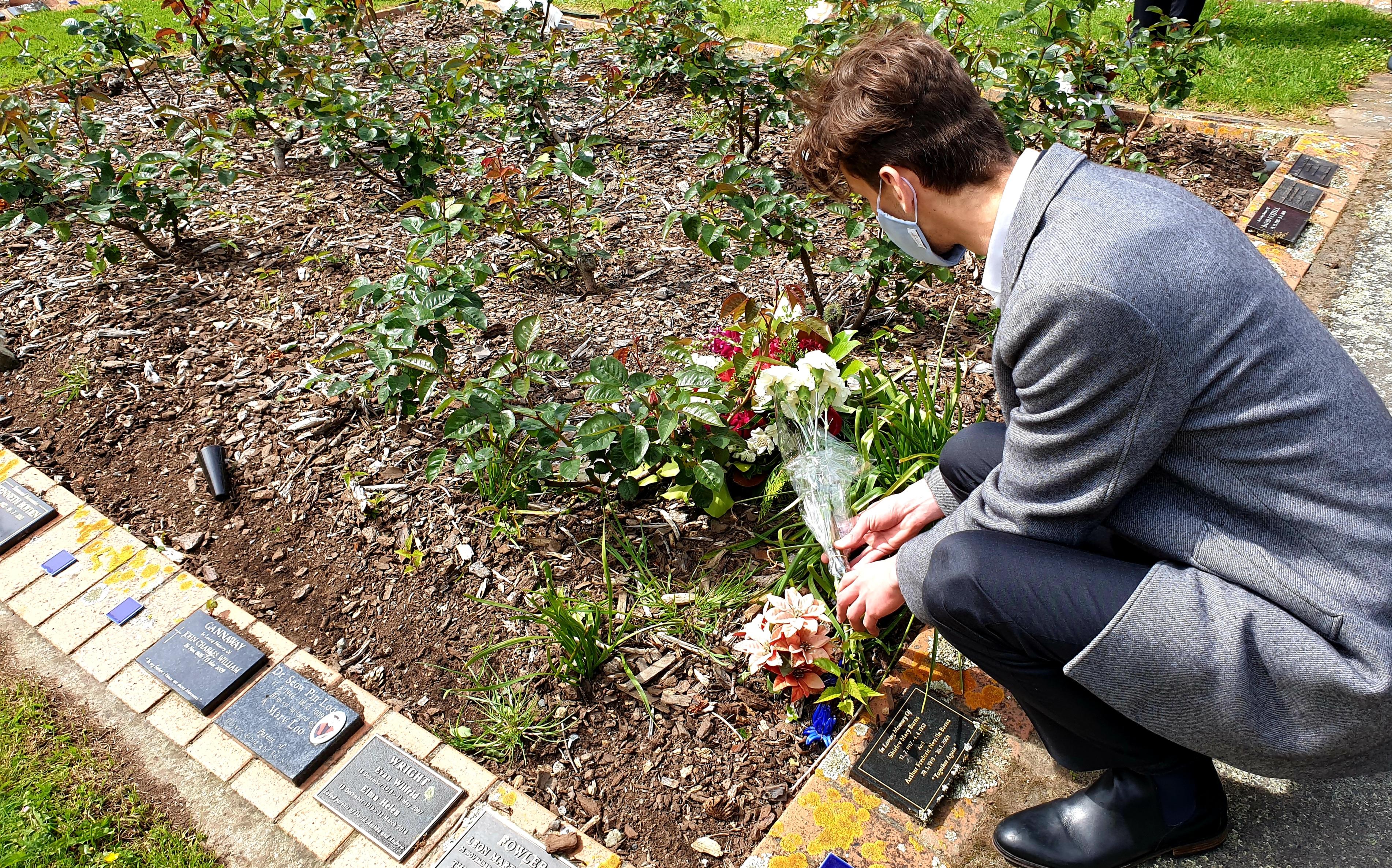Visit at the Polish graves in Wellington
03.11.2021
On November 3, 2021, the Ambassador of the Republic of Poland Grzegorz Kowal, accompanied by members of the local Polish community, laid flowers on the grave of the late Kazimierz Wodzicki and his wife Maria. November 1 marked the 77th anniversary of the arrival in New Zealand of a group of 733 Polish Children. This year flowers were also laid on the grave of the late Czesław Tomaszyk.

Basia Hanson, Honorary Secretary of the Polish Association in New Zealand, laid flowers on the grave of the former Polish Consul General on behalf of the Polish community. Flowers were also laid on behalf of the Polish Children of Pahiatua by Tadeusz Wypych, representing the Pahiatua Polish Children's Facilitating Committee. The ceremony was attended by the President of the Polish Ex-Servicemen Association in New Zealand and several people from the Pahiatua Children's group.
In 1942, along with the army of general Władysław Anders, several thousand Polish children left the USSR. They were mostly orphans and half-orphans after Polish exiles, for whom care was organised in camps around Persia, India, the Middle East, Africa and Mexico. In 1944, thanks to the diplomatic efforts of the then Consul General of the Republic of Poland, Kazimierz Wodzicki and his wife Maria, and the great favour of the then Prime Minister of New Zealand Peter Fraser, the authorities of this country decided to accept and take care of 733 children from Isfahan and over 100 auxiliary staff, including teachers and doctors. They were called "Children of Pahiatua" from the name of the town north of Wellington where a special camp was established. In 2011, by the decision of the President of the Republic of Poland Bronisław Komorowski, Consul Wodzicki and Maria Wodzicka were posthumously awarded with the Commander's Crosses of the Order of Polonia Restituta.
This year, for the first time, the Ambassador of the Republic of Poland laid flowers on the grave of Czesław Tomaszyk, scout of the Gray Ranks. In 2020 the grave of Mr Tomaszyk, at the request of the Office for Commemorating the Struggle and Martyrdom of the Institute of National Remembrance, was entered into the register of graves of veterans of the struggle for freedom and independence of Poland (registration no. 1255). The grandson of Mr Tomaszyk, Ethan Tomaszyk, took part in the ceremony of laying flowers.
During the German occupation of Poland, Czesław Tomaszyk became the organiser of the underground scout life in the western part of the Notecka Forest. The scout group, which he headed, gathered young people living in the nearby villages and in towns located near the border area belonging to Reich. While working as a forest worker, he was also in charge of a group he had created, which was part of the structures of the Home Army. Leading the educational and aid press, he created an intelligence network. Arrested on August 8, 1944 by the Gestapo, he was subjected to a brutal investigation. Found guilty of belonging to the Gray Ranks, as a political prisoner, he was imprisoned in Żabikowo, Gross Rosen and Dora concentration camps without a court sentence. In the last weeks of the war, he participated in the death march. He regained freedom on April 12, 1945 near Magdeburg, physically exhausted and ill.
More information: http://www.stuff.co.nz/dominion-post/news/obituaries/4974607/Polish-concentration-camp-survivor-remains-true-to-European-roots-while-embracing-Kiwi-life
Photos (11)
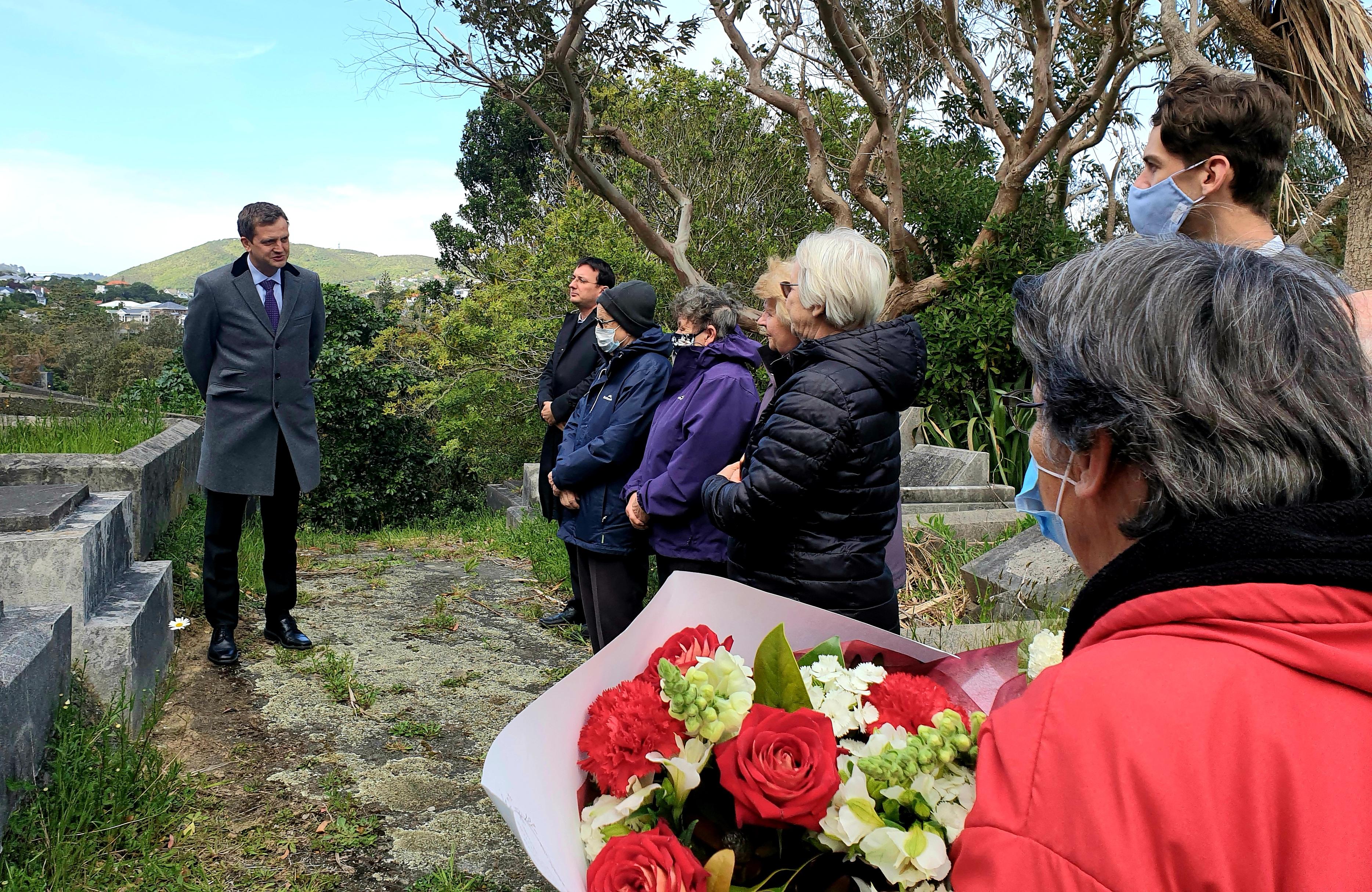 Display photo 2 in the gallery.
Display photo 2 in the gallery.
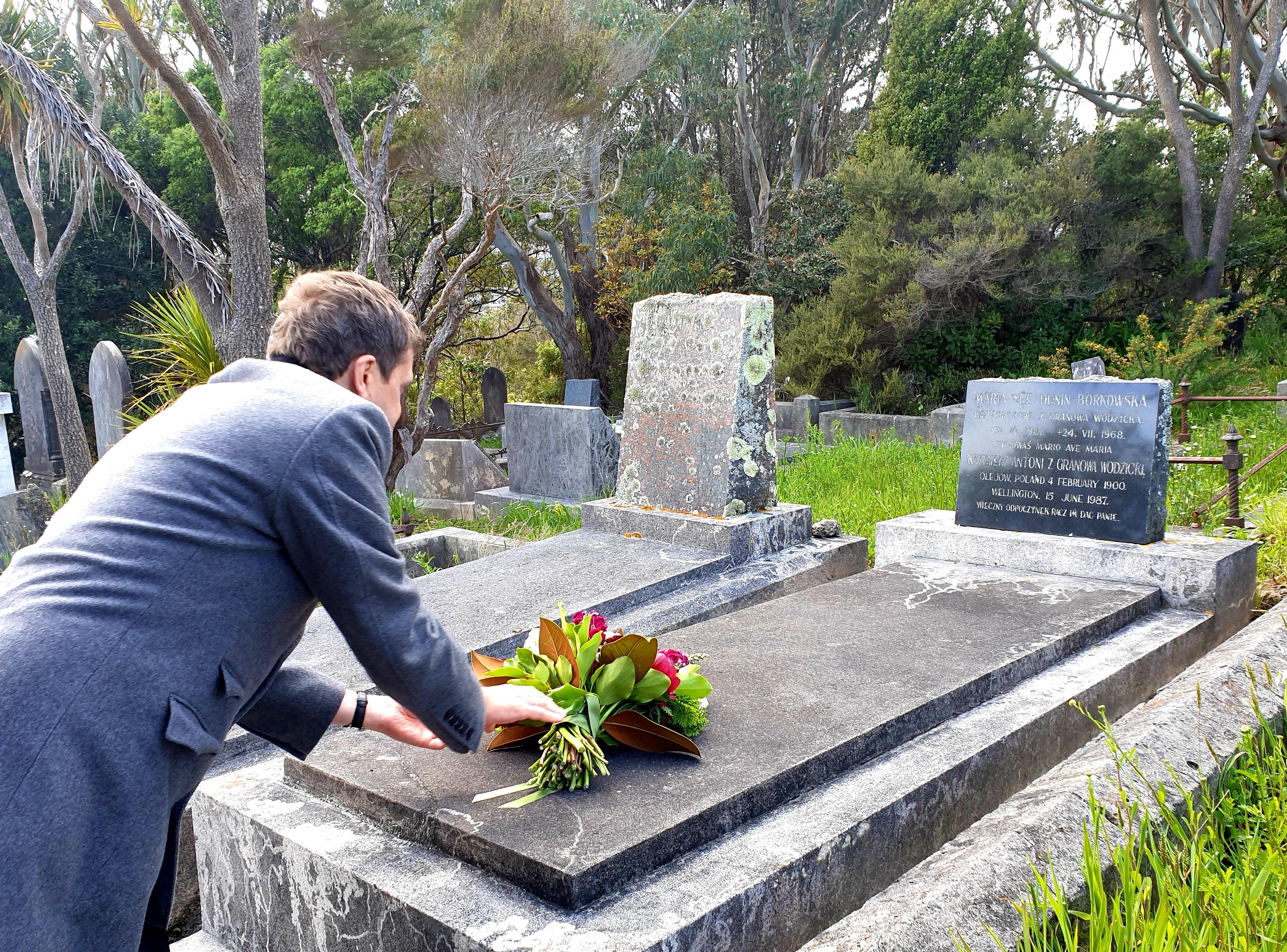 Display photo 3 in the gallery.
Display photo 3 in the gallery.
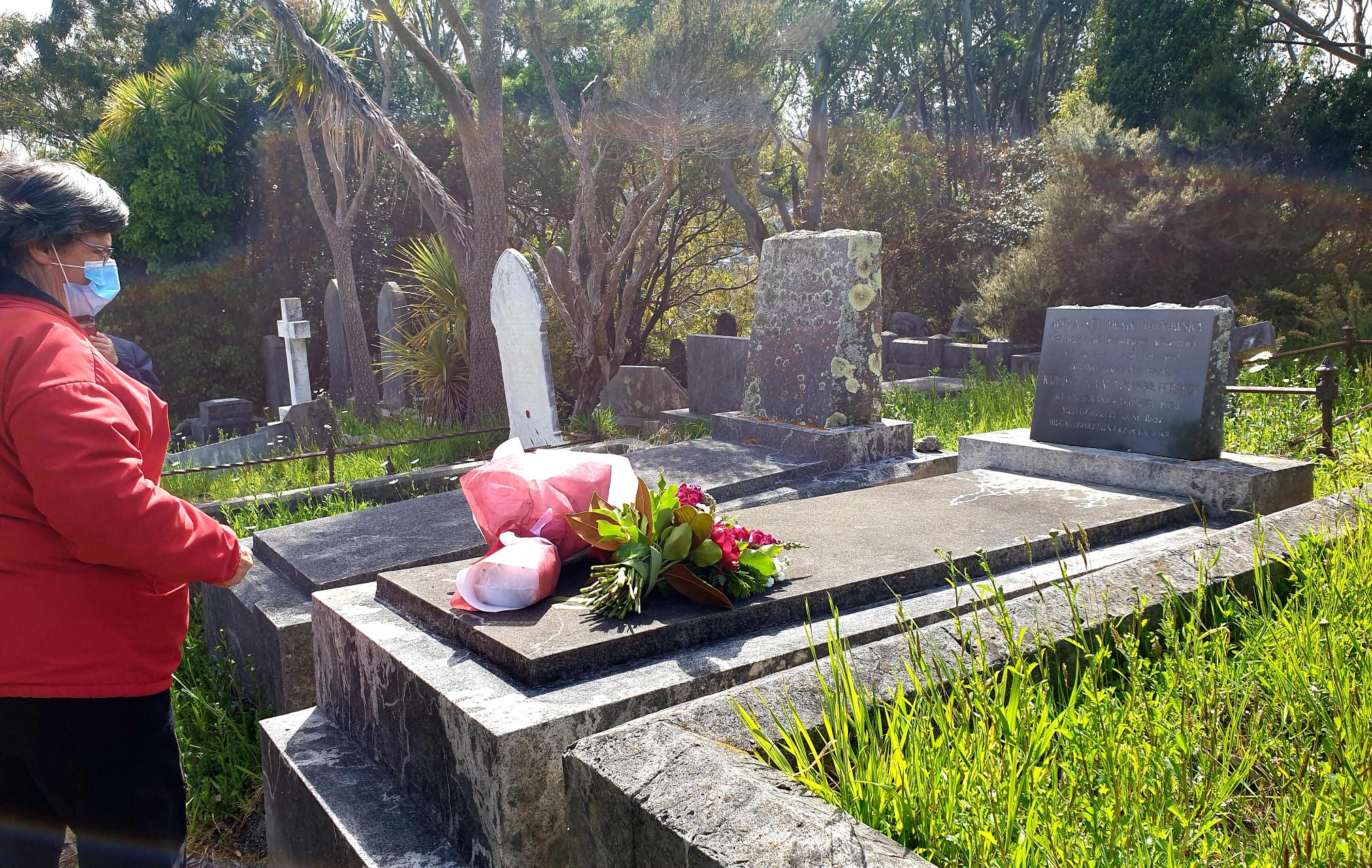 Display photo 4 in the gallery.
Display photo 4 in the gallery.
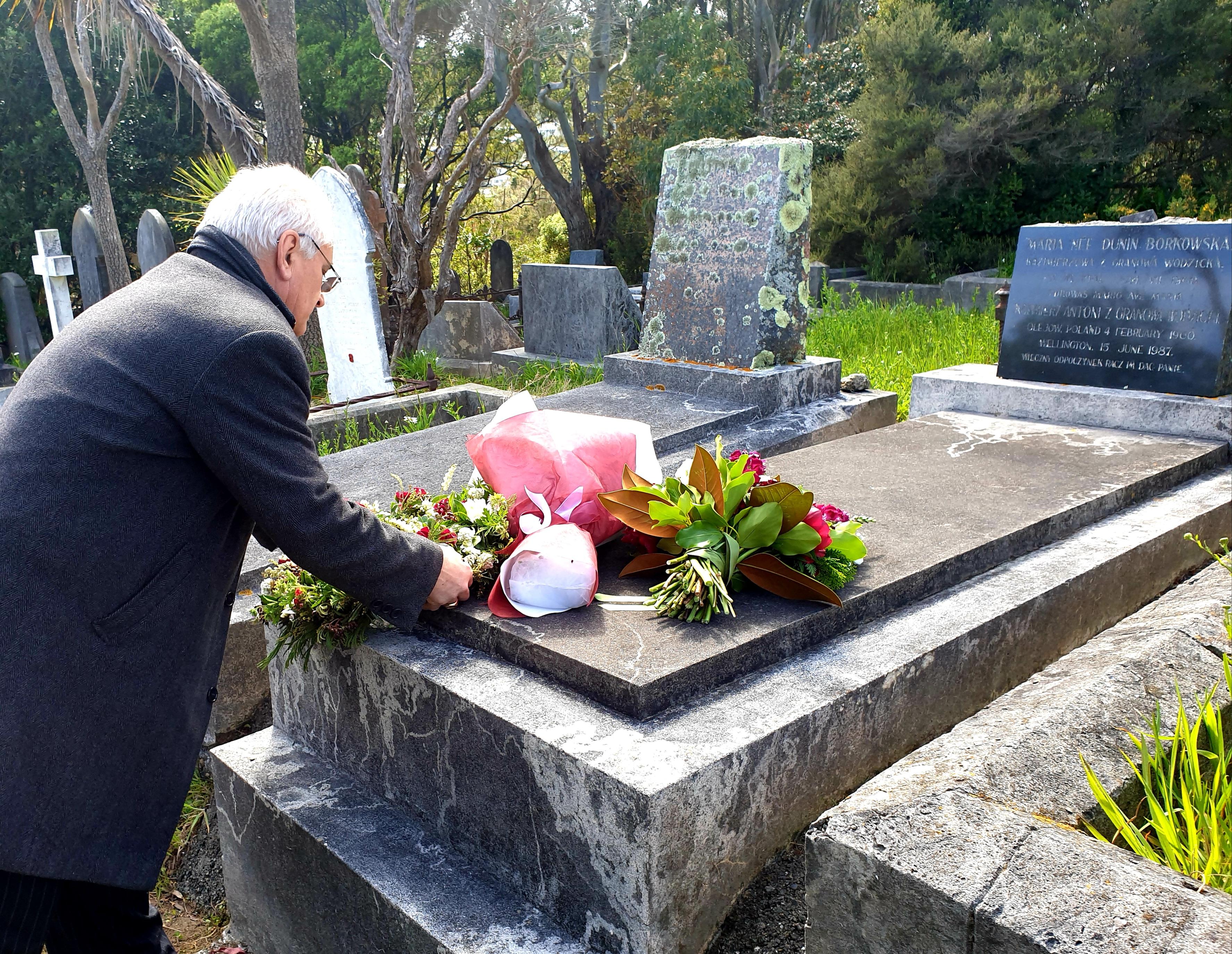 Display photo 5 in the gallery.
Display photo 5 in the gallery.
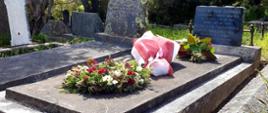 Display photo 6 in the gallery.
Display photo 6 in the gallery.
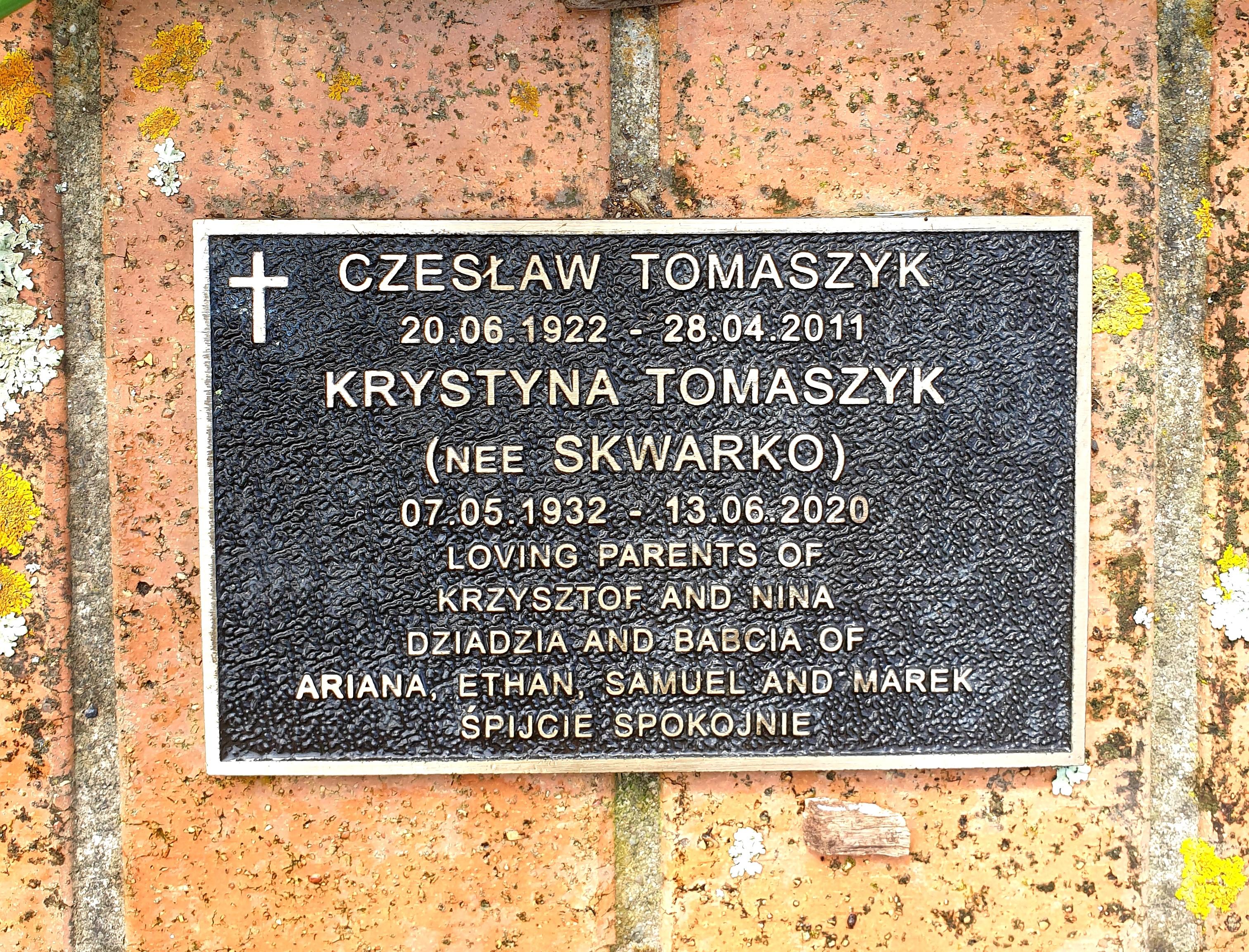 Display photo 7 in the gallery.
Display photo 7 in the gallery.
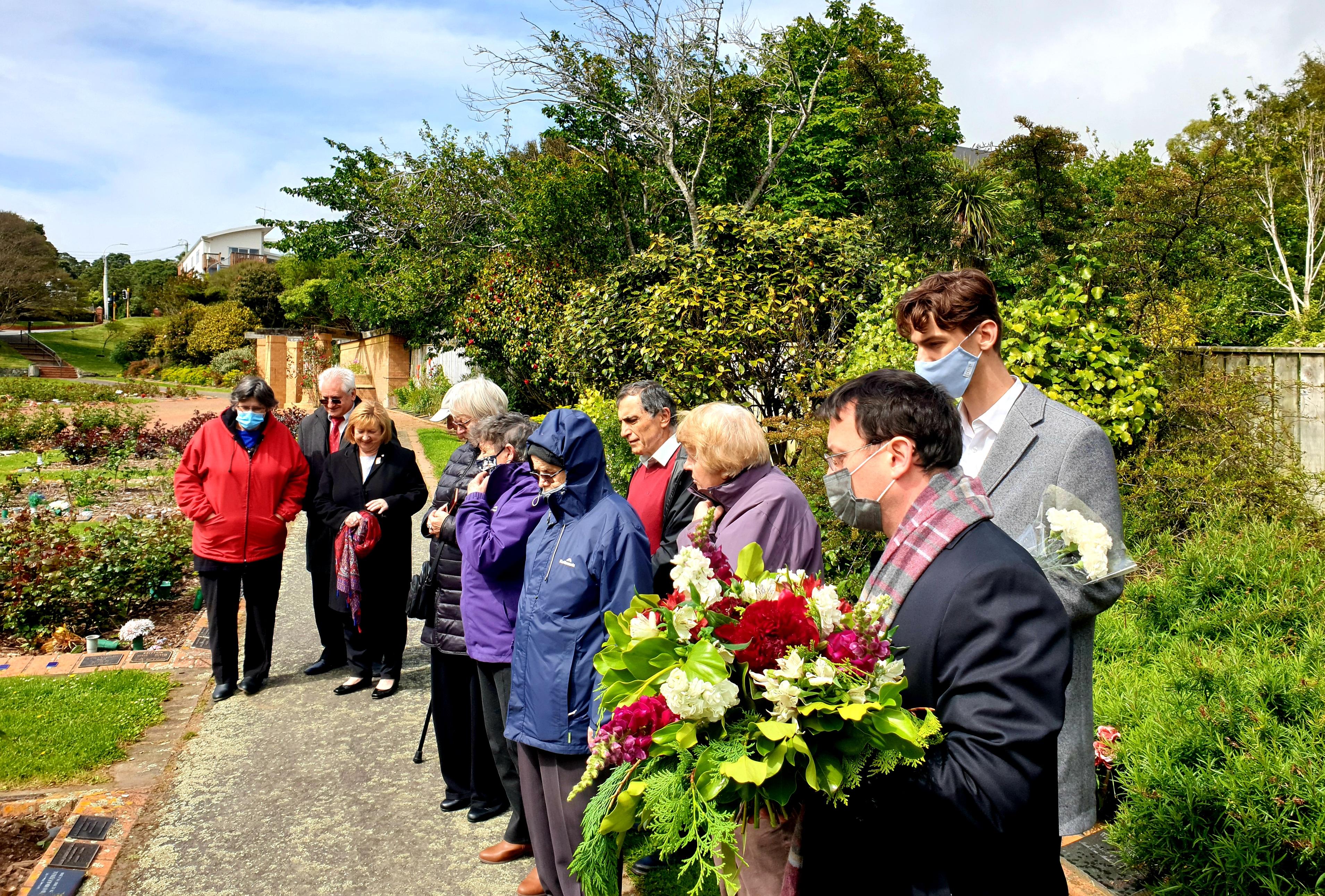 Display photo 8 in the gallery.
Display photo 8 in the gallery.
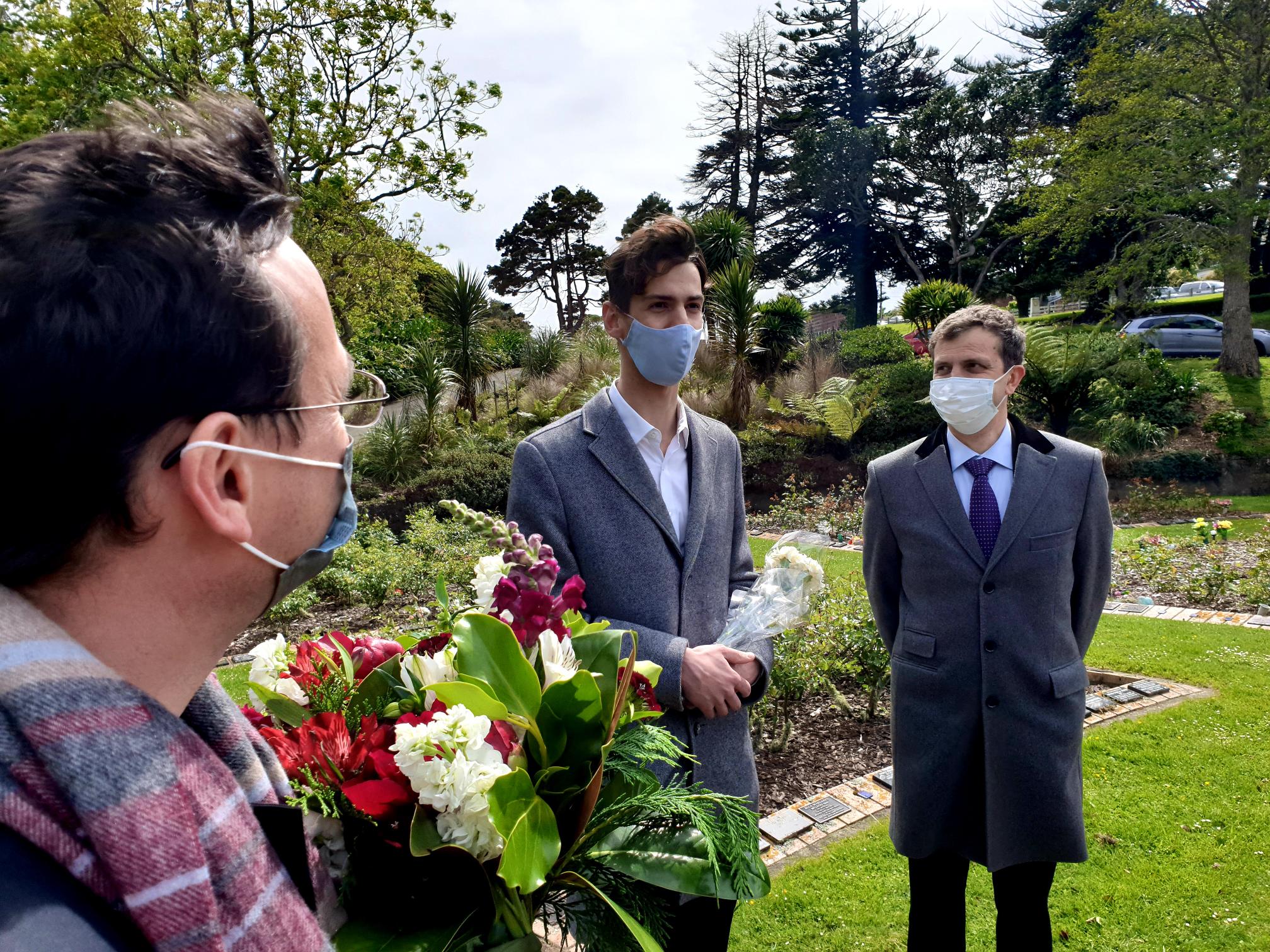 Display photo 9 in the gallery.
Display photo 9 in the gallery.
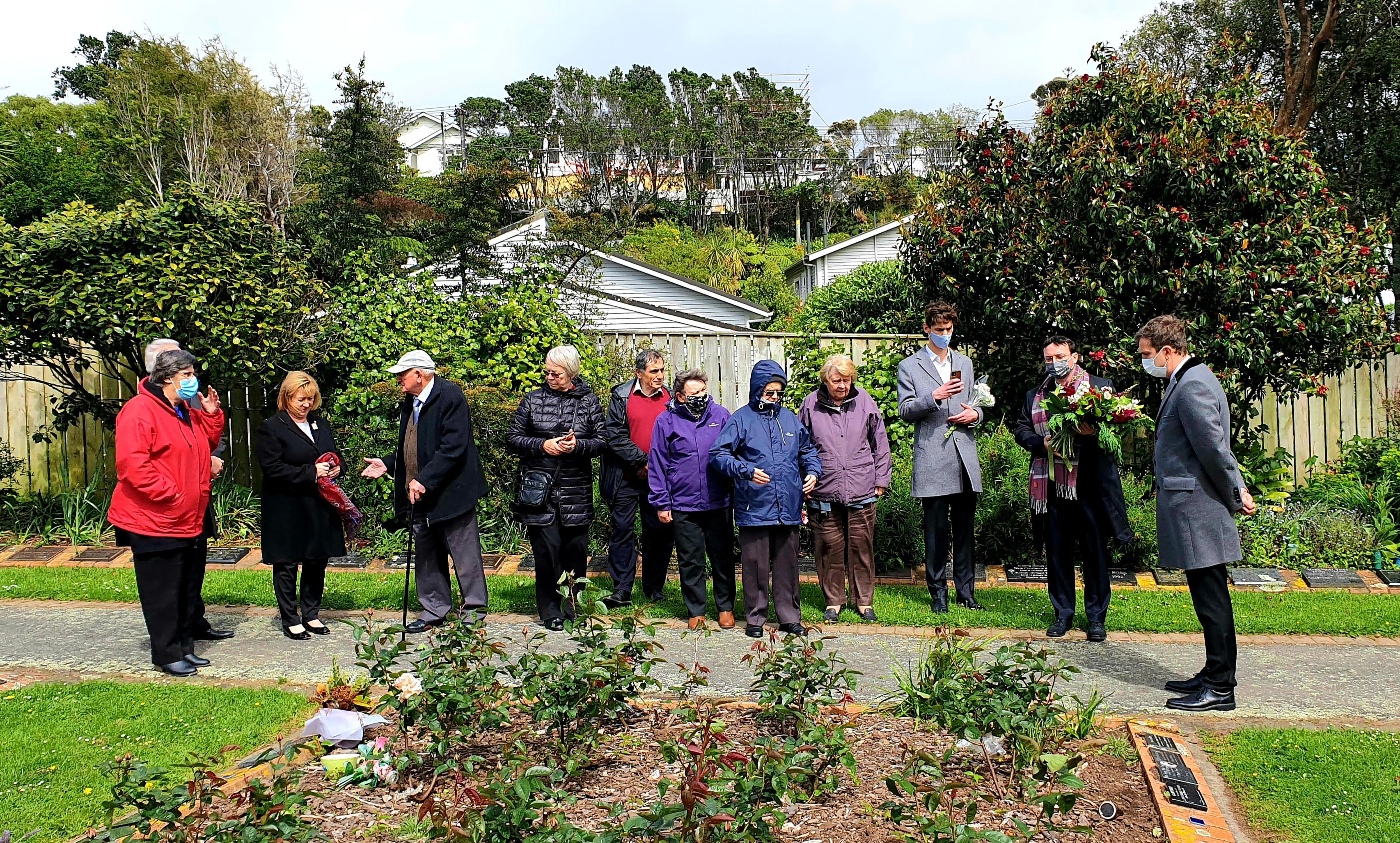 Display photo 10 in the gallery.
Display photo 10 in the gallery.
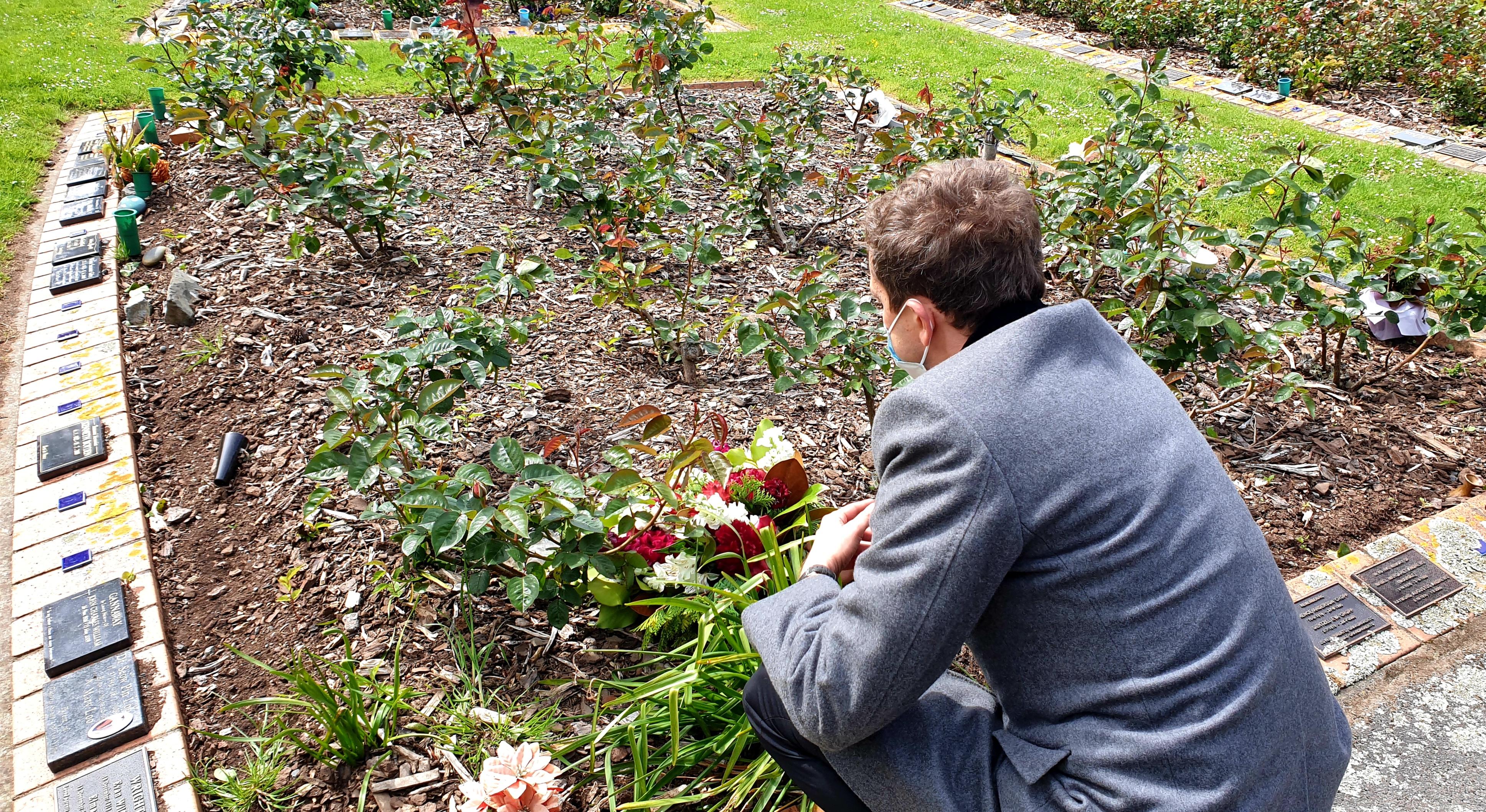 Display photo 11 in the gallery.
Display photo 11 in the gallery.
